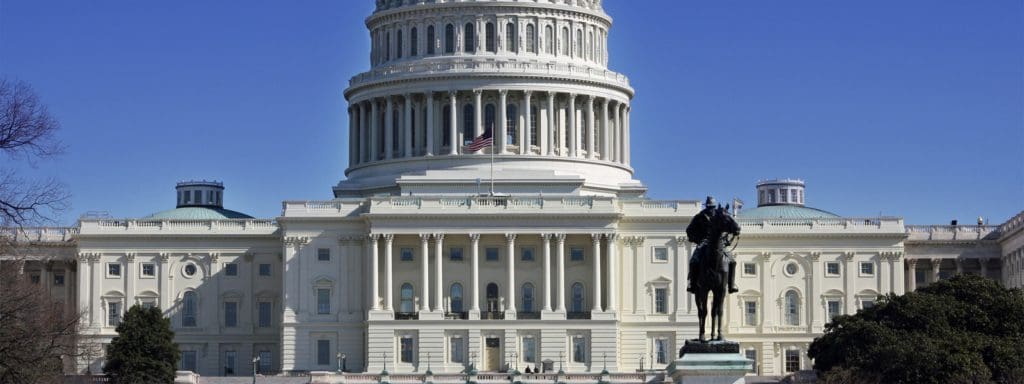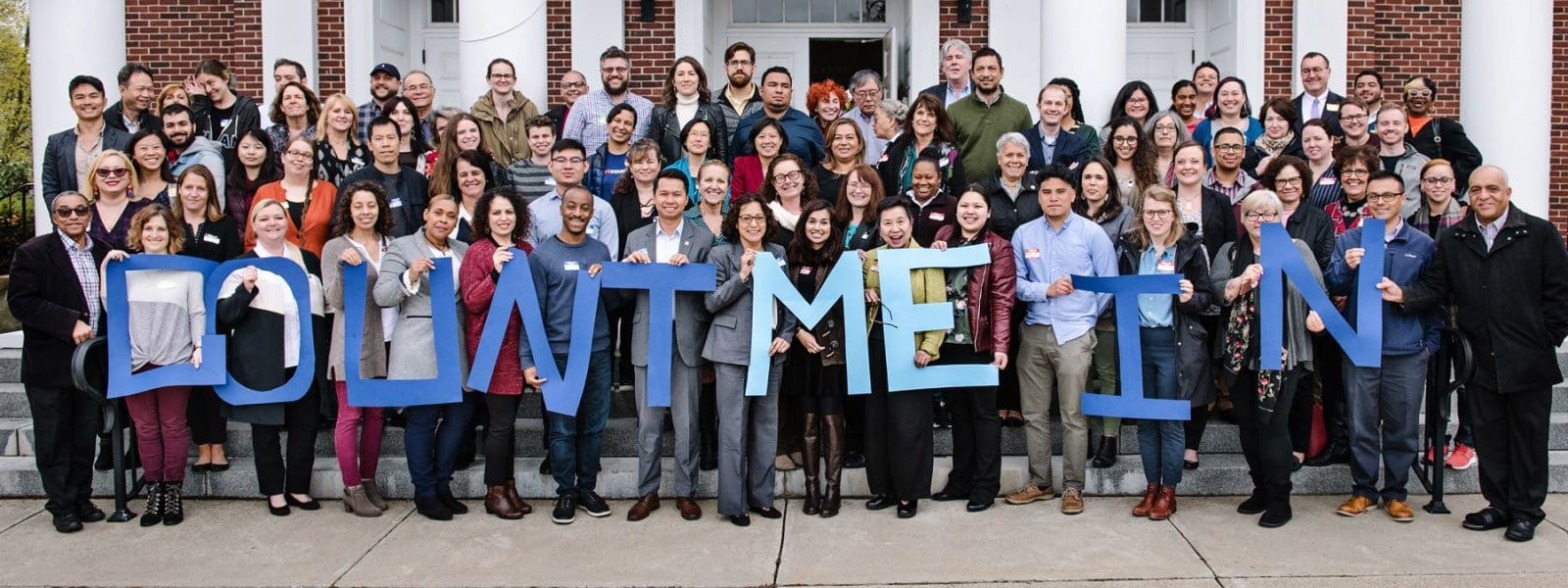As we step into fall and pumpkin season, there is plenty going on in Capitol Hill this week –– between the looming vote on the bipartisan infrastructure bill, the budget reconciliation process, and a possible government shutdown. If you are having a hard time keeping up, here is an overview of the latest legislative issues affecting nonprofits during these challenging times:
Budget Reconciliation Bill and Infrastructure Bill Update
After a Saturday markup, the House of Representatives is set to vote as soon as this week on two major pieces of legislation, the $3.5 trillion budget reconciliation bill, which includes President Biden’s American Jobs Plan, American Family Plan, and the $1 trillion Infrastructure Investment and Jobs Act.
At the time this piece was written, Democrats in the House remained divided on the timeframe of the votes. House Speaker Pelosi previously made a commitment to moderate Democrats that the bipartisan infrastructure bill, which already passed the Senate, be brought to the House floor on September 27, separately from the reconciliation package. Progressives are calling for Congress to first approve the larger health care, education, and climate proposal, which moderates have criticized as too big.
The spending and tax plans are still under discussion with moderate Democrats, who will greatly influence the package. There is urgency to make progress on the reconciliation bill in an effort to satisfy House progressives, who say they won’t support the Senate-passed bipartisan infrastructure bill without action on reconciliation (which some say must include Senate approval of a bill). Moderates like Senator Kyrsten Sinema (D-AZ) have signaled that if the House doesn’t approve the bipartisan infrastructure bill around the September 27 target, they won’t back a reconciliation bill.
Debt Ceiling and Potential Government Shutdown
Congress has few days left to avert a potential government shutdown. On September 21, the House of Representatives approved a continuing resolution (CR) to extend government funding from September 30 to December 3, 2021 and suspend the debt limit until December 16, 2022. The legislation also includes a total of $28.6 billion for communities recovering from natural disasters that occurred over the past 18 months and $6.3 billion in aid for Afghan refugees. But the bill isn’t expected to pass the Senate; Republican leaders have vowed to oppose it over objections to Democrats’ broader spending plans. Republicans said they would support a clean CR without raising the debt ceiling, but that will likely leave Democrats to use a complicated reconciliation process to act on the debt limit with time running short.
Strengthening Civic Infrastructure in Budget Reconciliation
On September 13, the National Infrastructure Investment Advocacy Group (NIIAG) sent a letter to the Chairmen and Ranking Members of both the House and Senate Budget Reconciliation Committees expressing support for civic and community infrastructure investments included in the committee’s blueprint, and asking that these provisions are incorporated in the final reconciliation legislation. More specifically, NIIAG supports the following provisions: Child care for working families; workforce development and job training; community investment, development and revitalization; creation and preservation of affordable housing; civilian climate corps; and consumer rebates to weatherize and electrify homes.
NIIAG, co-founded by Independent Sector and KABOOM!, is a coalition of over 50 organizations that supports policies recognizing the essential role community and civic infrastructure plays in meeting the challenges of the pandemic and the need to rebuild our nation.
Freedom to Vote Act Introduced
On September 14, a group of Democratic Senators reached a deal on revised voting rights legislation and introduced the Freedom to Vote Act (S.2747). The bill would make Election Day a public holiday, ensure that every state offers same-day voter registration, set minimum federal standards on mail voting, and attempt to limit partisan gerrymandering.
The bill includes many of the key provisions that were also in the For the People Act, which passed the House as H.R. 1 in March. Together with the John Lewis Voting Rights Advancement Act (which would restore and update the full protections of the landmark Voting Rights Act of 1965), the Freedom to Vote Act would be the most comprehensive democracy reform law enacted in decades.
In the coming weeks, members of the United States Senate may decide to call up far-reaching election administration and democracy reform legislation, the Freedom to Vote Act. A healthy civil society begins with voter participation, and the nonprofit sector has worked throughout America’s history to ensure that the perspectives of our communities are part of the nation’s voice. This legislation represents a profound commitment to voting and election security, and Independent Sector urges Senators to begin this deeply urgent debate.
Nonprofit Jobs Update
According to the latest report from The Center for Civil Society Studies (CCSS) at Johns Hopkins University, nonprofits added an estimated 42,000 workers in August. The nonprofit workforce ended the month 4.5 percent smaller than it was before the pandemic, equivalent to roughly 565,000 fewer jobs in August than in February 2020.



